
Recent discussion about the use of the term “concentration camp” to describe conditions facing migrants on the southern border have become mired in politically polarized discussion about what is right and wrong when using language heavily related to the Holocaust.
Whatever the intention of Rep. Alexandria Ocasio-Cortez, the Democrat from New York has become a part of a long history of Holocaust appropriation.
While the term “concentration camp” predates the Holocaust, it has become shorthand in our society for a comparison to the Holocaust — and her remark was widely interpreted as such.
One of the first appropriations of the Holocaust happened right at the point of liberation. British troops, who had just risked their lives on the front lines, standing in front of the piles of corpses at the concentration camp Bergen-Belsen, boldly stated to film cameras that “now I know what I was fighting for.” Those troops, however courageous, were never fighting to liberate Jews from concentration camps. Had that been the objective, things would have unfolded in a very different way. Piles of Jewish corpses — people they had failed to liberate weeks earlier — were some of the first victims of our insatiable need to represent the meaning of the dead to justify our own cultural, political and religious views and actions.
So, when is it appropriate to draw lessons from the Holocaust? We all do it from time to time, because we are still searching for meaning, an explanation, a lesson, from that terrible time in human history. We do need to be reminded that some people created a monstrous genocidal ideology, and others executed their orders, and millions of Jews were murdered, while all but a few were silent. We should struggle with the fact that the Holocaust shook the foundation of Western civilization. Remember, we all thought just how advanced we were, how educated we had become. But now we know that democracies can turn to dictatorships, technology can be used for murder, and Ph.D.s can pen the Final Solution. We learned that Jews can be attacked wherever they are. We learned that civilized nations can turn into killing machines.
The rule of thumb is never to appropriate the Holocaust to explain, compare or contrast contemporary issues
The Holocaust gave us a knowledge about humanity that we cannot undo. For the survivors and their families it is inked to their heritage like tattoos from Auschwitz. For the Jewish world, it is a warning to be vigilant against the evil of anti-Semitism; for everyone else, a need to check our actions. Reminding ourselves before it becomes too late is the right thing to do; taking it out of context is not. So how do we know the difference between the two?
In 2003, Oona King and Jenny Tonge, then members of Great Britain’s Parliament, laid bare their failure to understand the difference when they compared Gaza to the Warsaw Ghetto.
Whatever their intent, the premise was wrong. It showed a profound lack of understanding of the Holocaust and of Gaza.
Even the mantra “never again” is mired in appropriation; it was popularized by the American-Israeli militant religious leader Meir Kahane in the early 1970s to justify acts of terror in fighting anti-Semitism.
As soon as we attempt to apply the meaning of the Holocaust to events less extreme, we take the Holocaust out of context. But if the Holocaust is so extreme that it can never be talked about at all in contemporary society, we remove it from the world of real people. If the Holocaust tells us anything, it is that an ordinary society can quickly turn violent if it does not check its values and deeply respect the lives of everyone.
These opposing perspectives can live alongside each other. The Holocaust was an unprecedented and unimaginable example of anti-Semitic human behavior as never seen before. And it happened because of an ordinary set of decisions, made by a group ordinary people, who held extraordinarily evil ideas, and used the apparatus of state to succeed.
The rule of thumb is never to appropriate the Holocaust to explain, compare or contrast contemporary issues, whether we are Jews, Christian or Muslims, Republicans or Democrats. Families on the southern border of the United States, the rights of Palestinians, the existence of the State of Israel don’t need the Holocaust to have legitimacy as pressing issues in their own right. We don’t need to invoke the deaths of Jewish children 75 years ago, who have no voice of their own, to make our voice sound more legitimate. But their memory, should always provoke us to be more humane in every situation.
Stephen D. Smith is Finci-Viterbi executive director of the USC Shoah Foundation.






















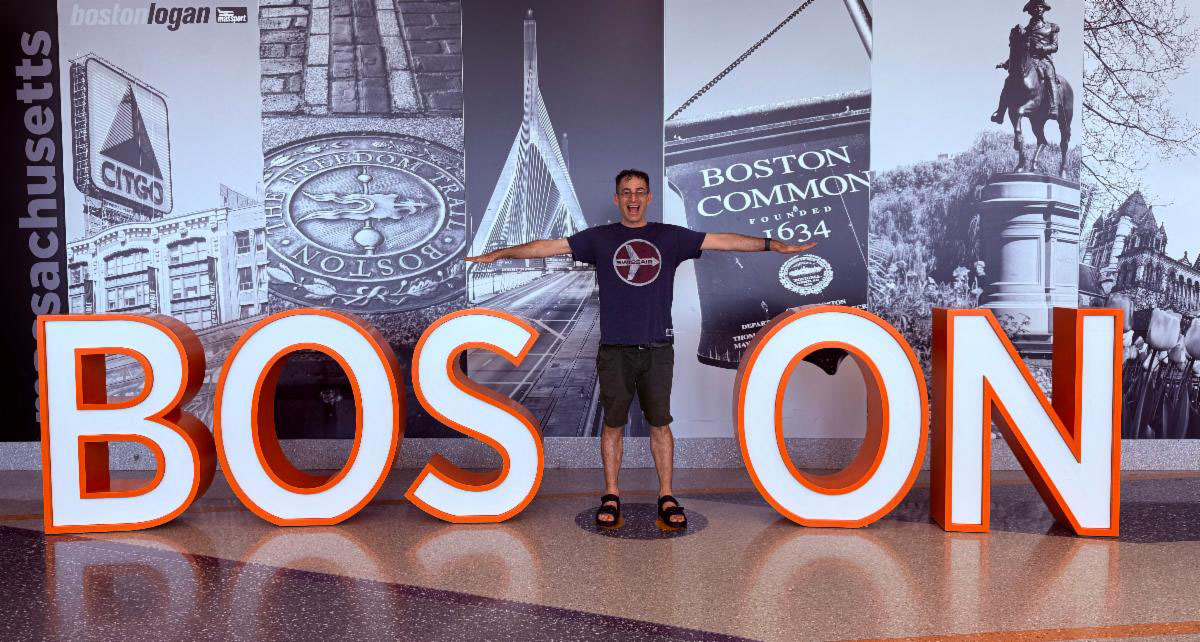
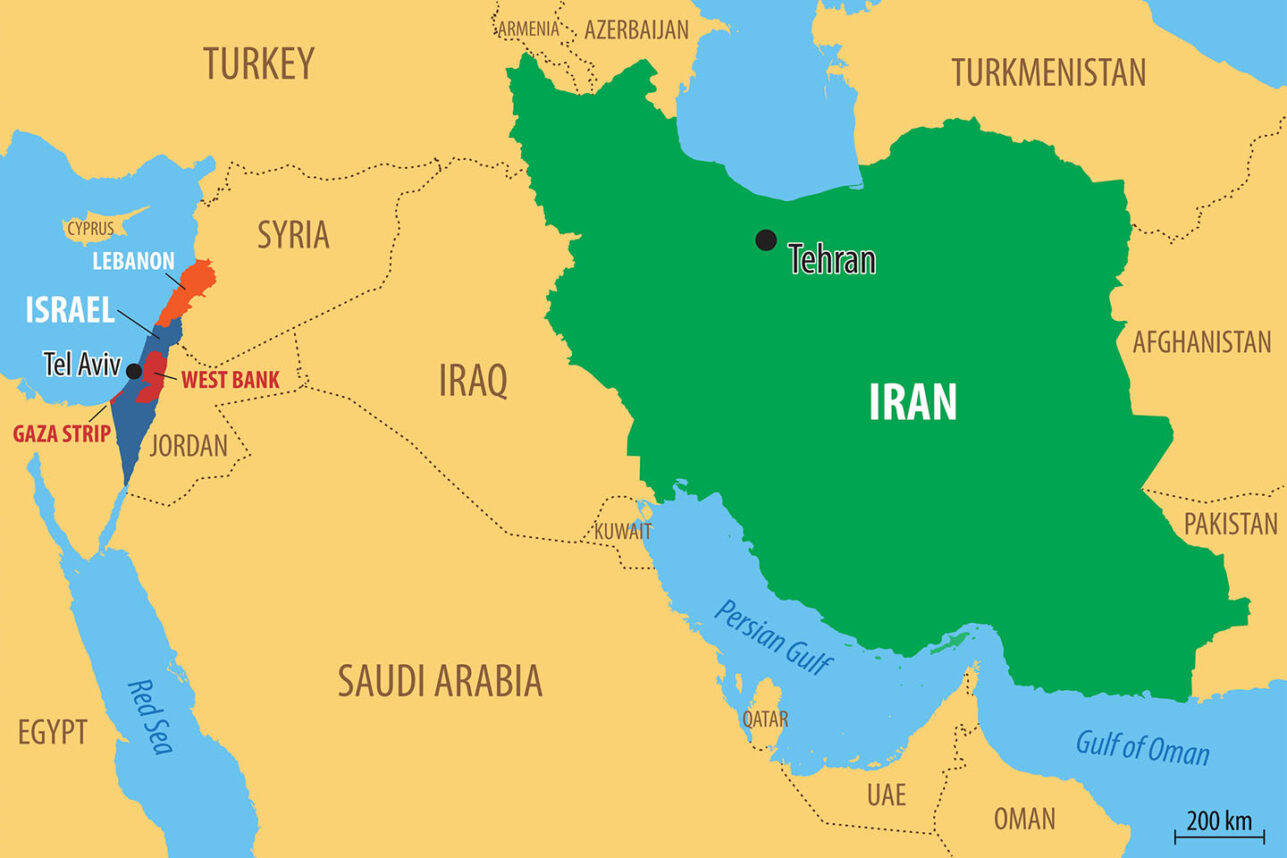
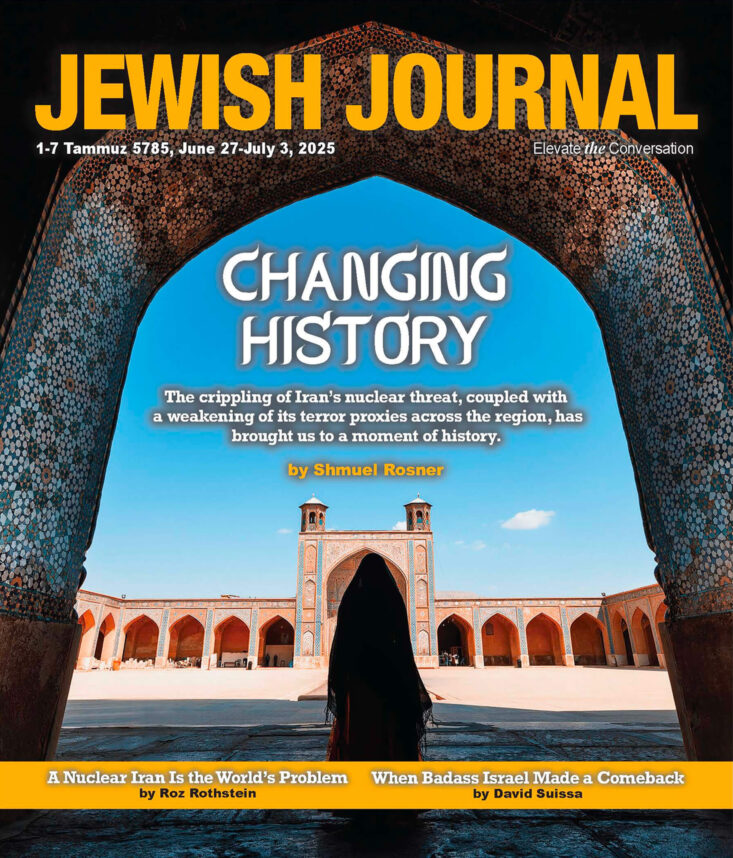
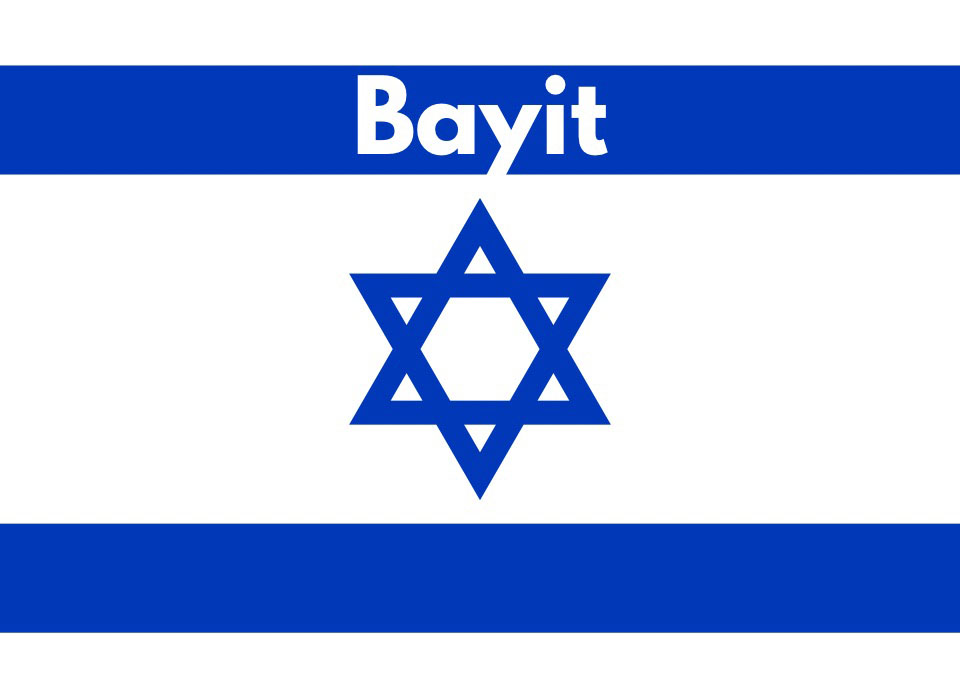


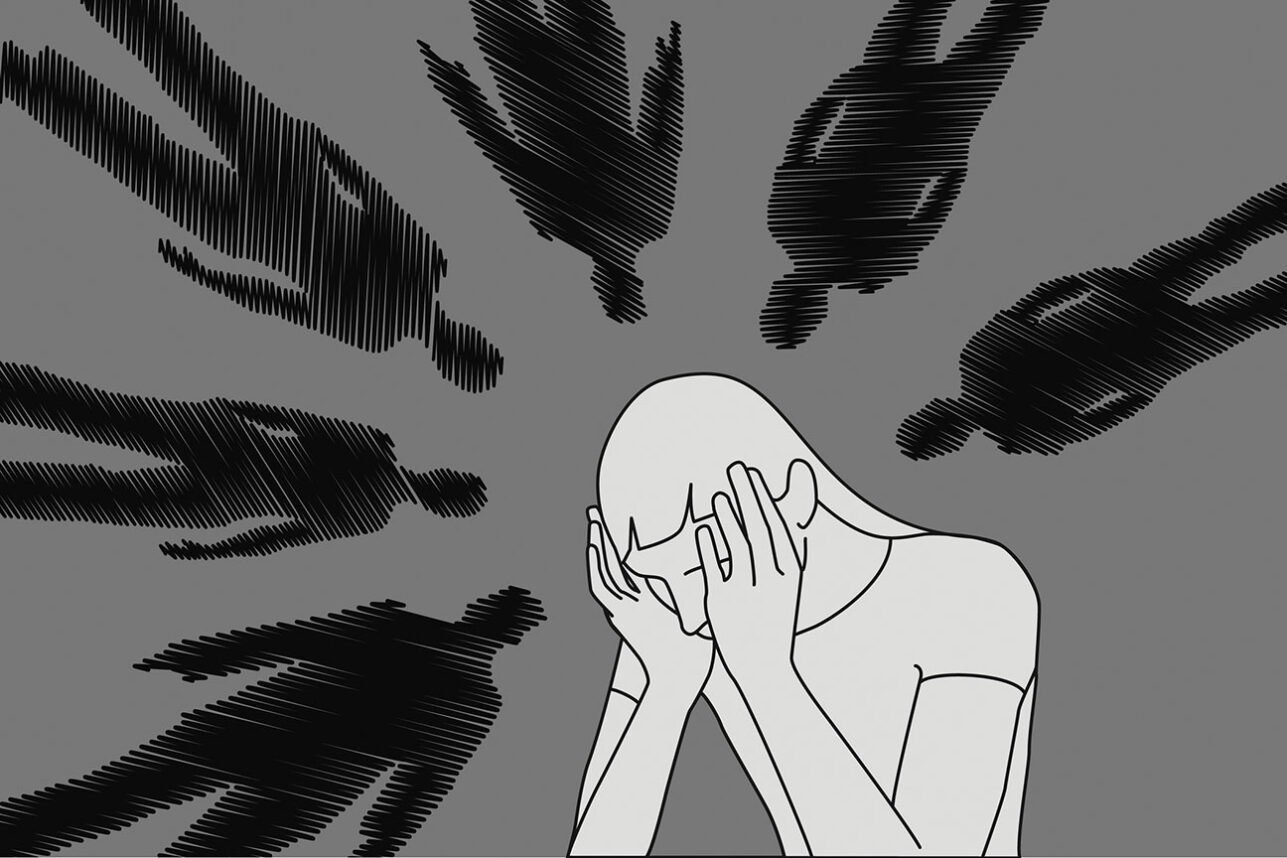
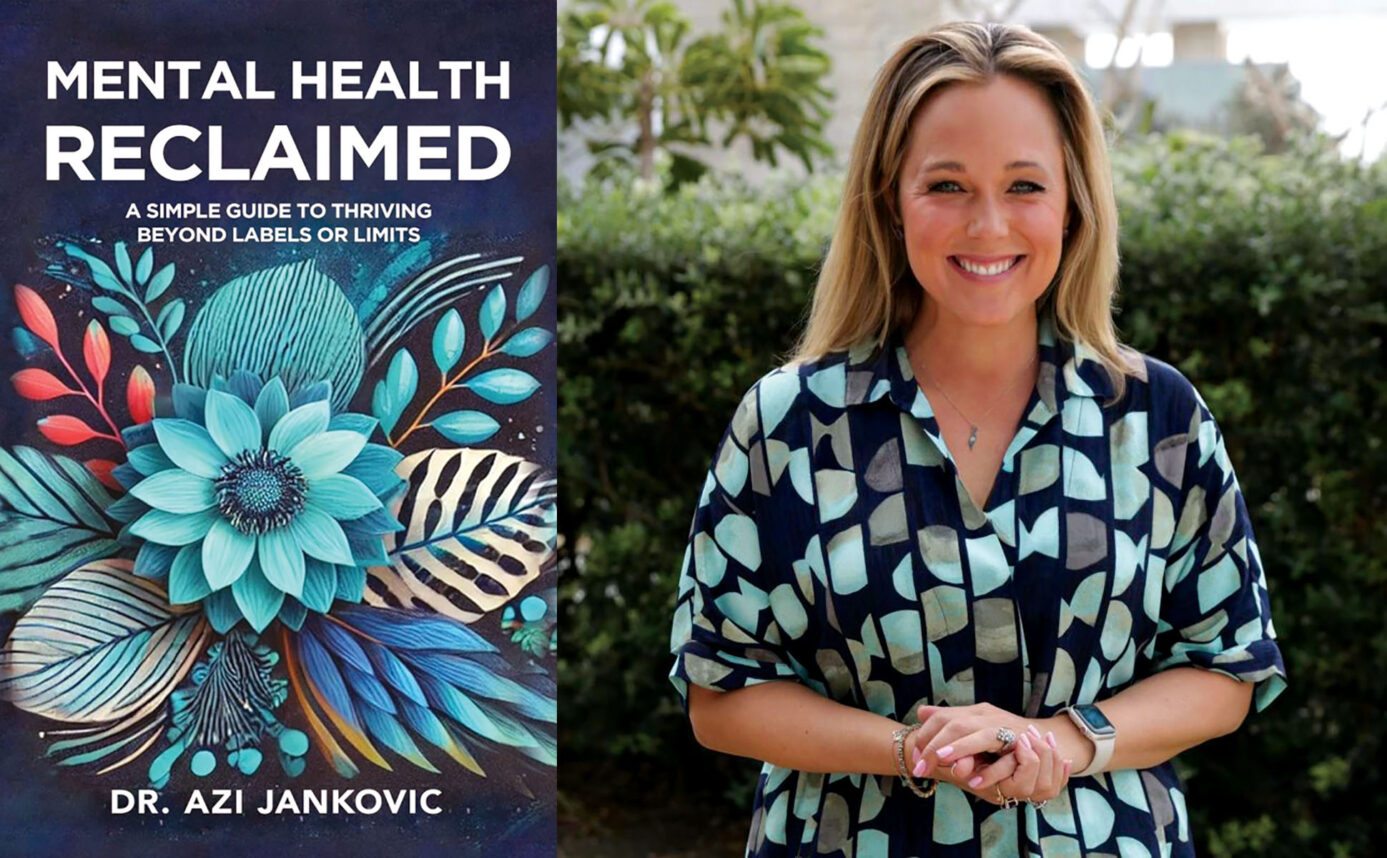
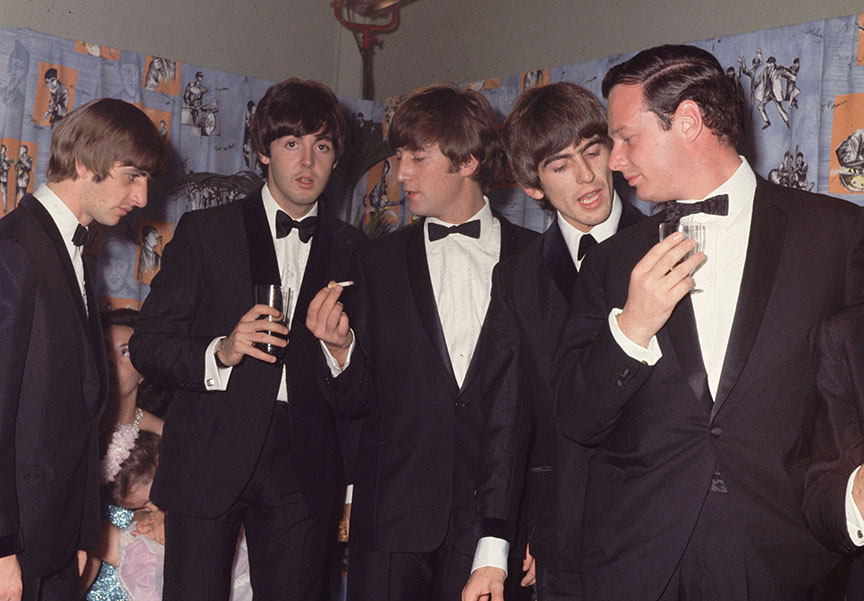



 More news and opinions than at a Shabbat dinner, right in your inbox.
More news and opinions than at a Shabbat dinner, right in your inbox.